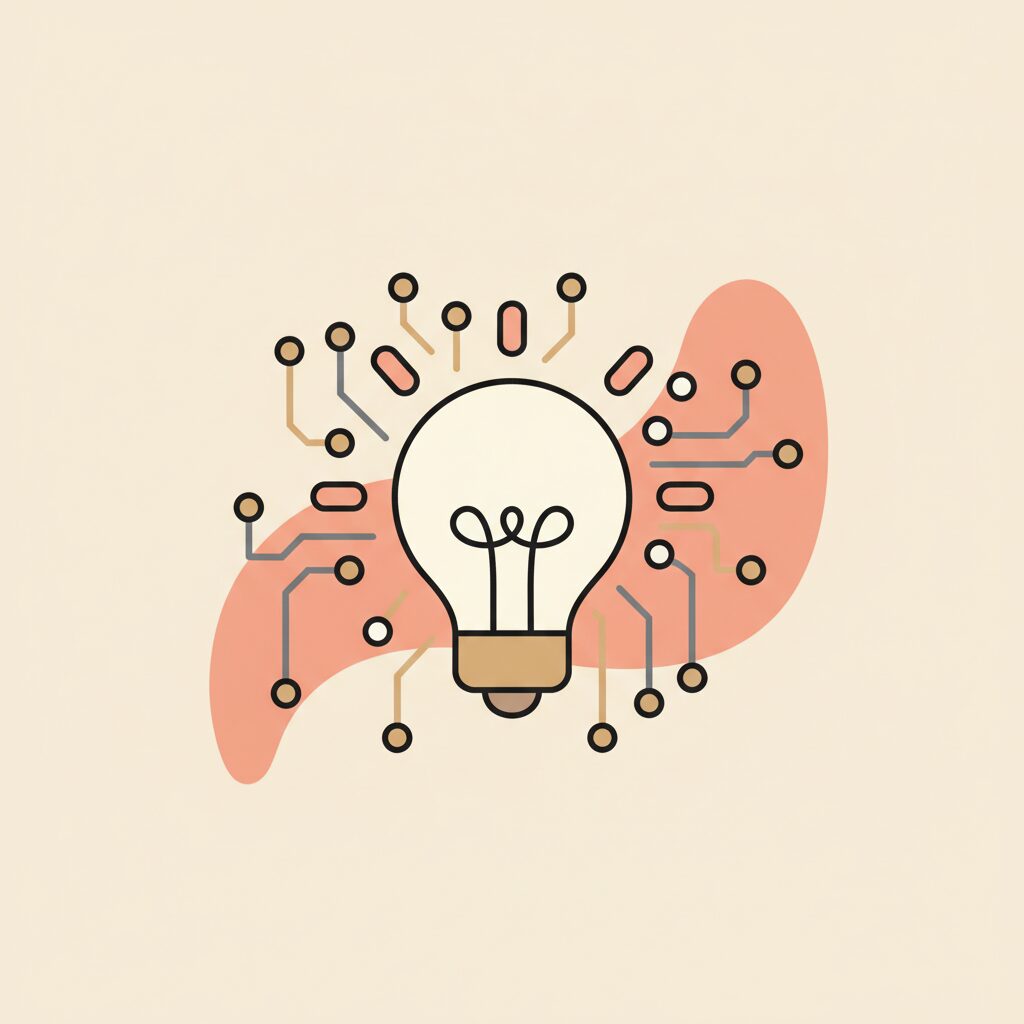
The Stories We Share — and Why We Must Protect Them
Ever notice how your child’s eyes light up at creating something entirely their own? Scribbled drawings, made-up songs, that tower built repeatedly. Pure magic. Kinda like when they surprise you with sidewalk chalk masterpieces, right? But what happens when digital tools they’ll use are built on stories not meant to be shared? Which makes those AI lawsuits feel extra personal somehow. That’s what’s unfolding with Claude and OpenAI—why it whispers to parents about raising creative kids.
How Did AI Tools End Up With Copyrighted Stories?
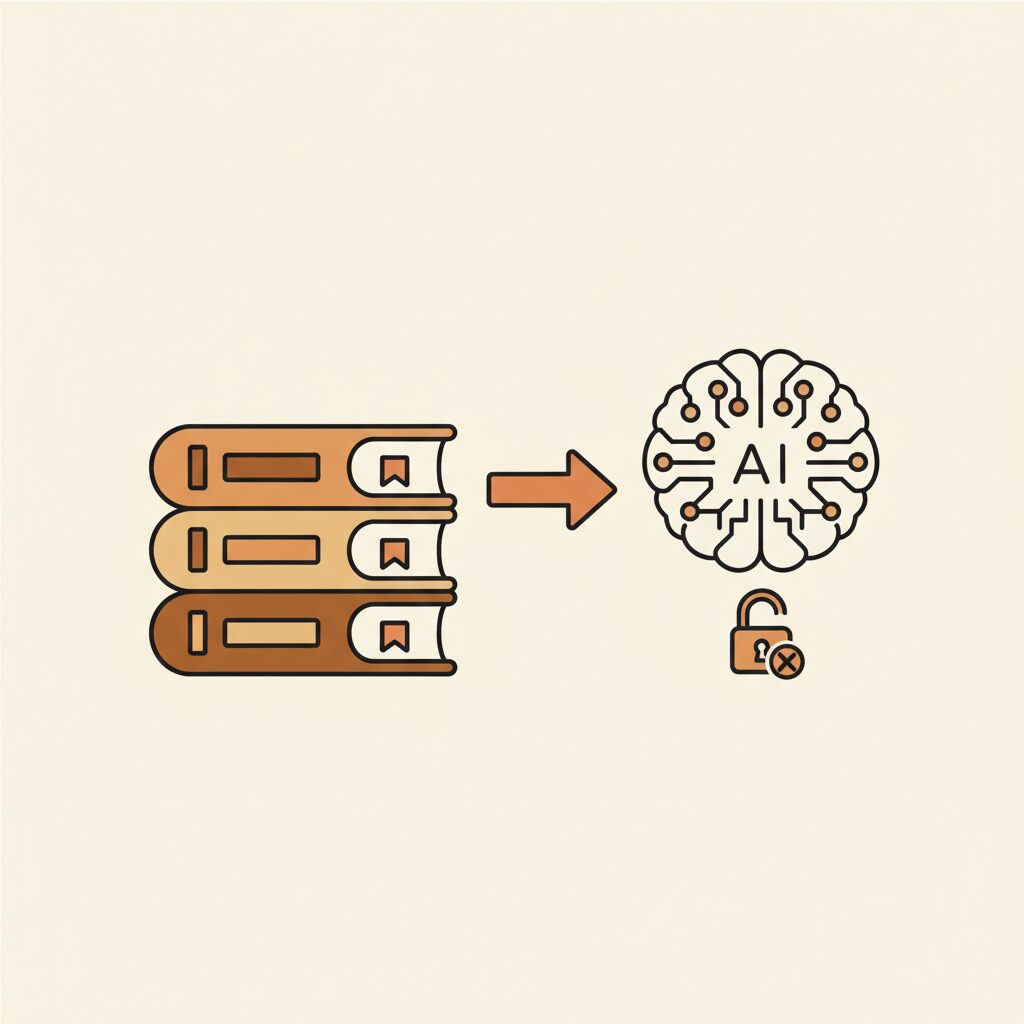
Just like we teach kids to respect their friends’ sandcastle designs, authors are asking AI companies to respect their creative work. Big names like John Grisham and Jodi Picoult are taking legal action, pointing fingers at companies like Anthropic (the makers of Claude) and OpenAI, claiming they’ve used pirated copies of copyrighted books to train their AI for enhanced creativity. But here’s the messy part—the accusations are stark: ‘large-scale theft’ to build billion-dollar tools. Even though these companies argue it’s ‘fair use’—like how kids remix playground games—courts are calling it into question. One settlement nearly avoided could’ve cost over $1 trillion! It’s a reminder that shortcuts in creation rarely honor the sweat and spark behind every story.
Why Should Parents Care About AI and Copyright?
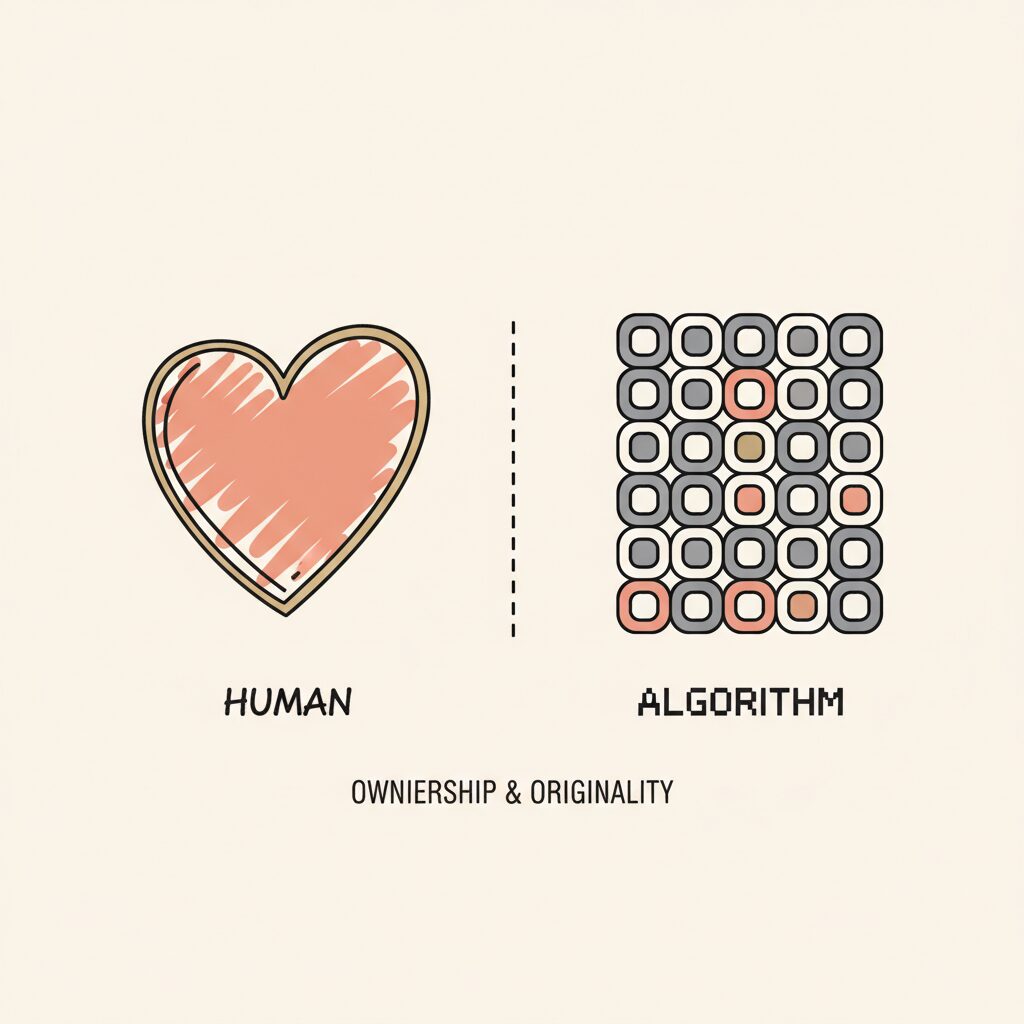
So why should we care as parents? Because our kids are growing up watching AI answer homework questions, generate doodles, or even ‘read’ stories. If the foundation of these tools is built on uncredited work, what’s the quiet lesson? That creativity can be free without respect. Think about it: when your child proudly shows you their hand-drawn comic, you don’t say, ‘Great job copying that superhero!’ You celebrate the new thing they made. These lawsuits aren’t just about money—they’re about protecting the very idea that stories matter because real people poured their hearts into them. Isn’t that foundational value what we want our kids to believe about their own creative journey?
How Can We Turn AI Copyright Concerns into Teaching Moments?
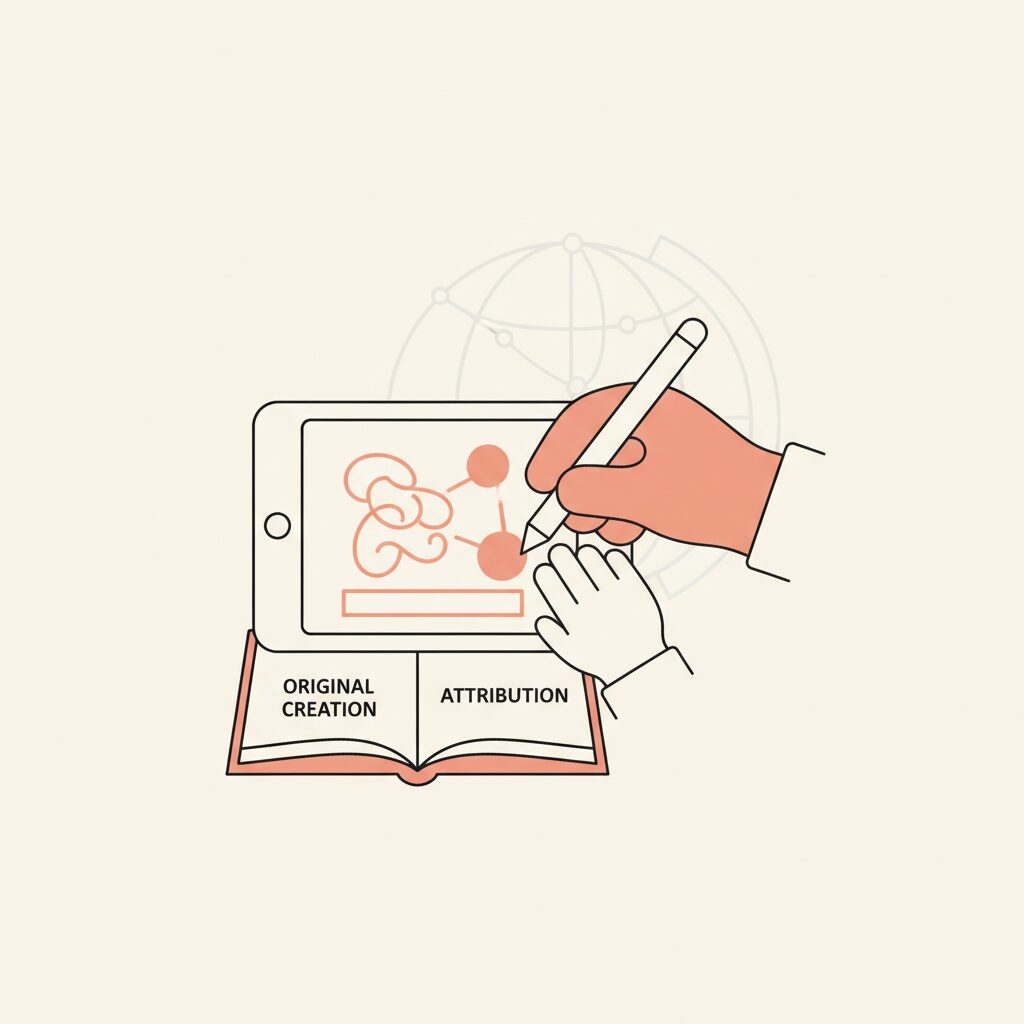
Here’s the hopeful twist: this mess becomes a parenting superpower. Next storytime, try whispering: ‘Psst…see the author’s name here? They dreamed this up just like you do with your drawings!’ It’s like pointing out the baker who made their favorite cookies. When playing with fun AI helpers—say, generating a silly poem—add, ‘This is cool, but you made it better when you added that dragon!’ Balance digital play with ‘let’s create from scratch’ moments—like swapping screens for post-school creations. And remember those giggly car rides where everyone adds a story line? That’s the gold. Not ‘What can AI do?’ but ‘What can we build together?’
What Makes Human Creativity Irreplaceable in the Age of AI?
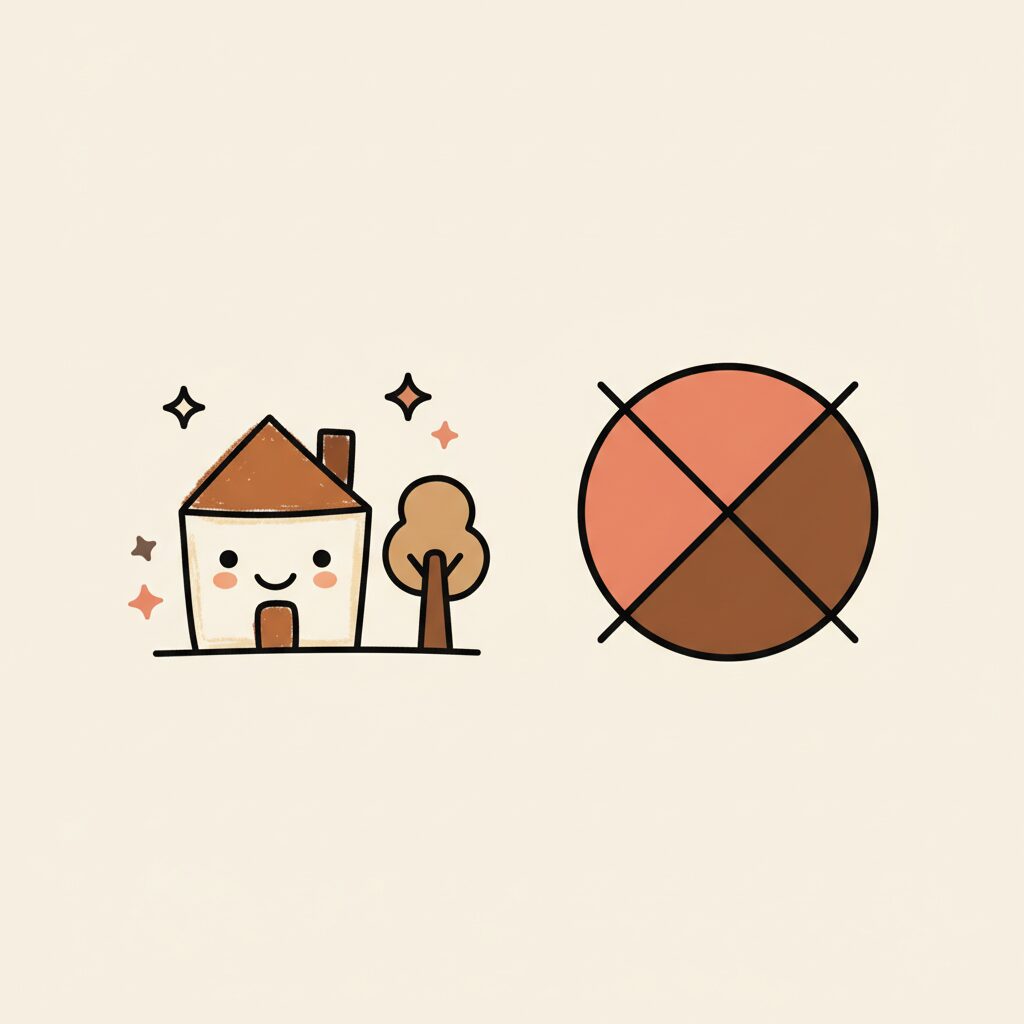
Funny thing—the more I ponder lawsuits over stolen books, the more I’m drawn back to that moment my kid ‘fixed’ a broken storybook with tape and glitter. No algorithm could replicate that pride. Studies confirm AI sometimes ‘regurgitates’ exact phrases from copyrighted work when prompted—but it never feels the rush of ‘I made this!’ Our job? To be the steady reminder that while AI might ‘know’ stories, only human hearts can truly tell them.
As parents navigating this digital landscape, we have the incredible opportunity to show our children that creativity isn’t just about what we make—it’s about how we respect the hands that came before us and the unique spark we bring to the world.
What’s one scribbled masterpiece or goofy song lyric your kid created that still makes you grin? How do you celebrate those ‘I made this!’ flashes in your home?
Source: Claude Now Joins OpenAI In Getting Sued For Copyright Infringement, Forbes, 2025/08/30
